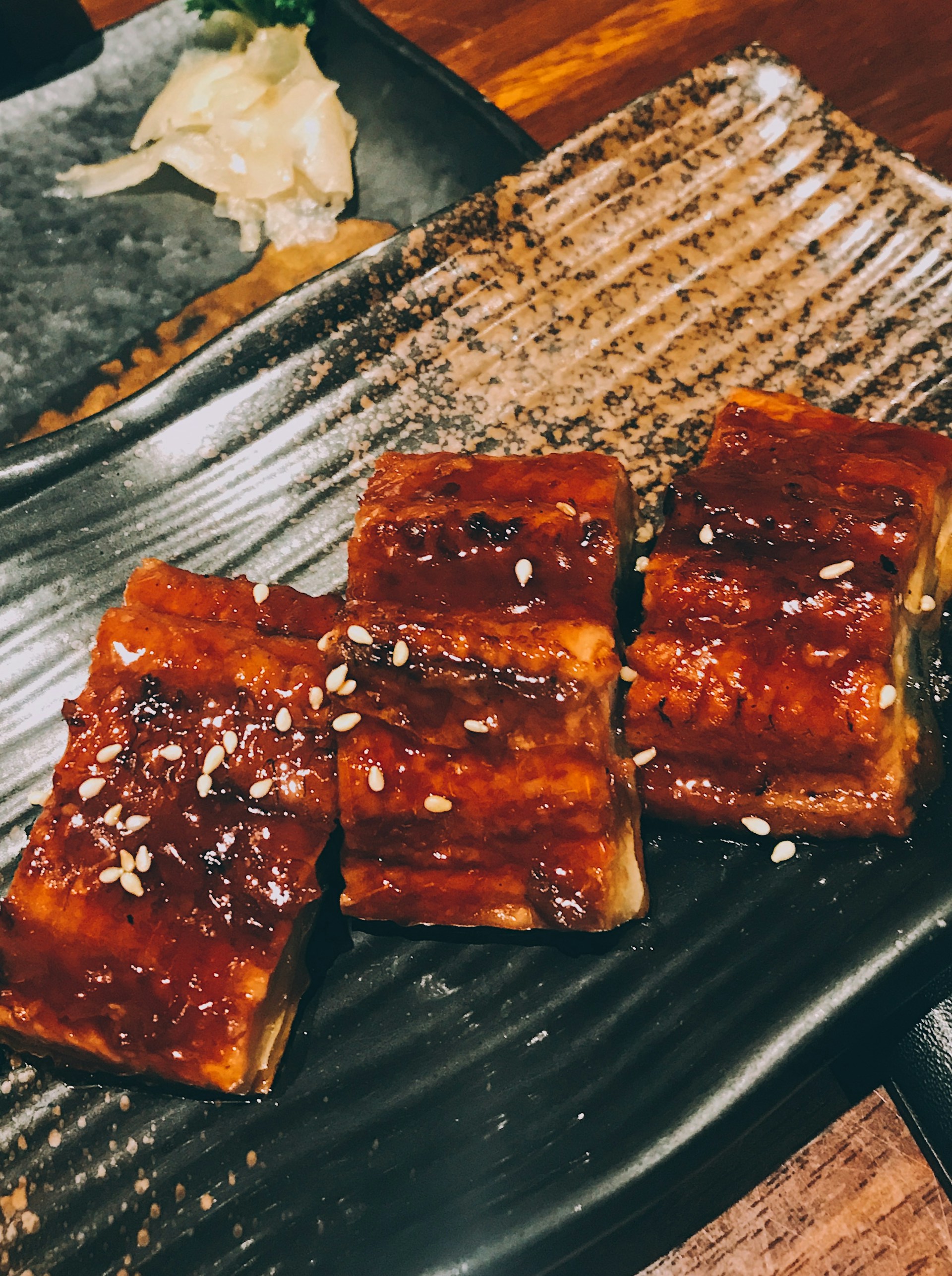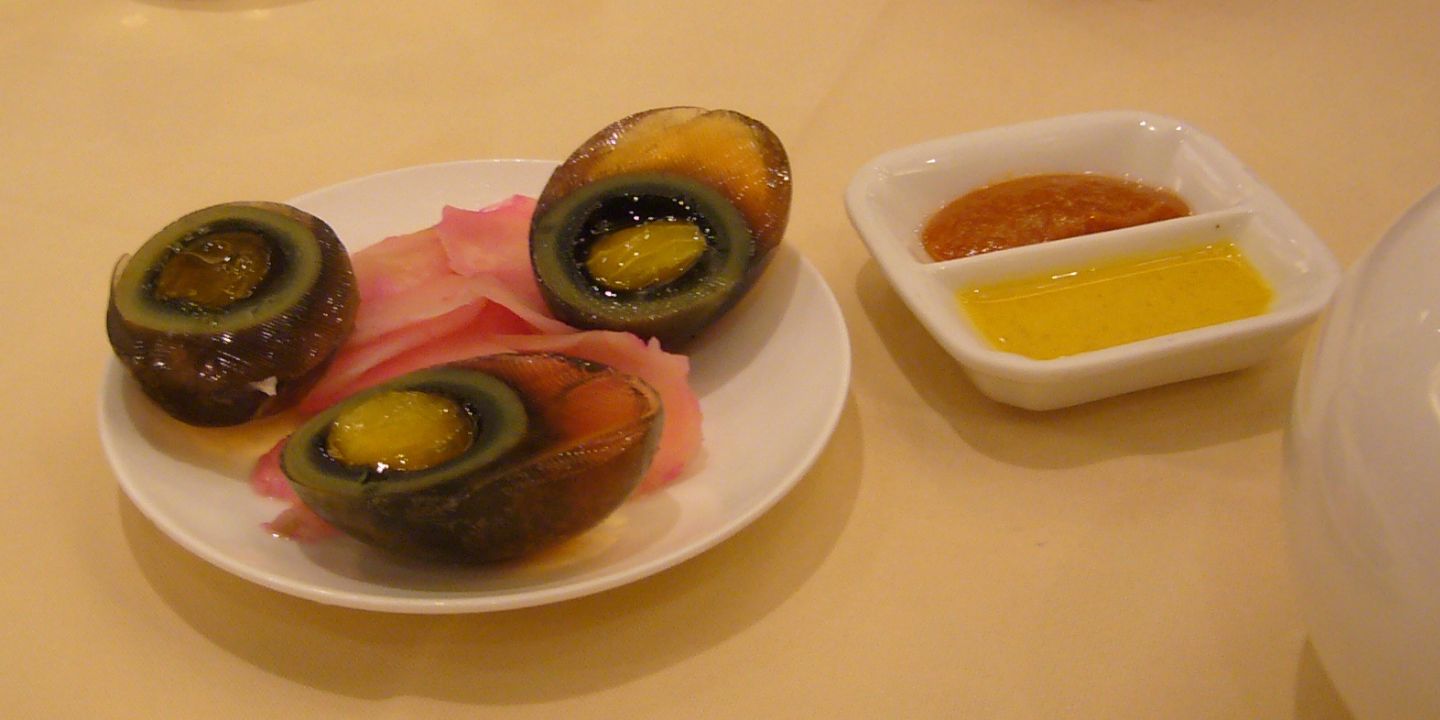Vitamin D is one of the biggest components for healthy bones, yet plenty of people suffer from a significant lack in their diet. Let’s dive into which foods are a good source of vitamin D so you can keep that skeleton strong—and know what to reach for in the grocery store.
1. Salmon
Salmon is loaded with vitamin D—about 500 IU (international units) per serving, in fact, alongside its high protein content and additional B vitamins. This Little Fish That Could is perfect for anyone looking to strengthen their brain health or reduce inflammation.
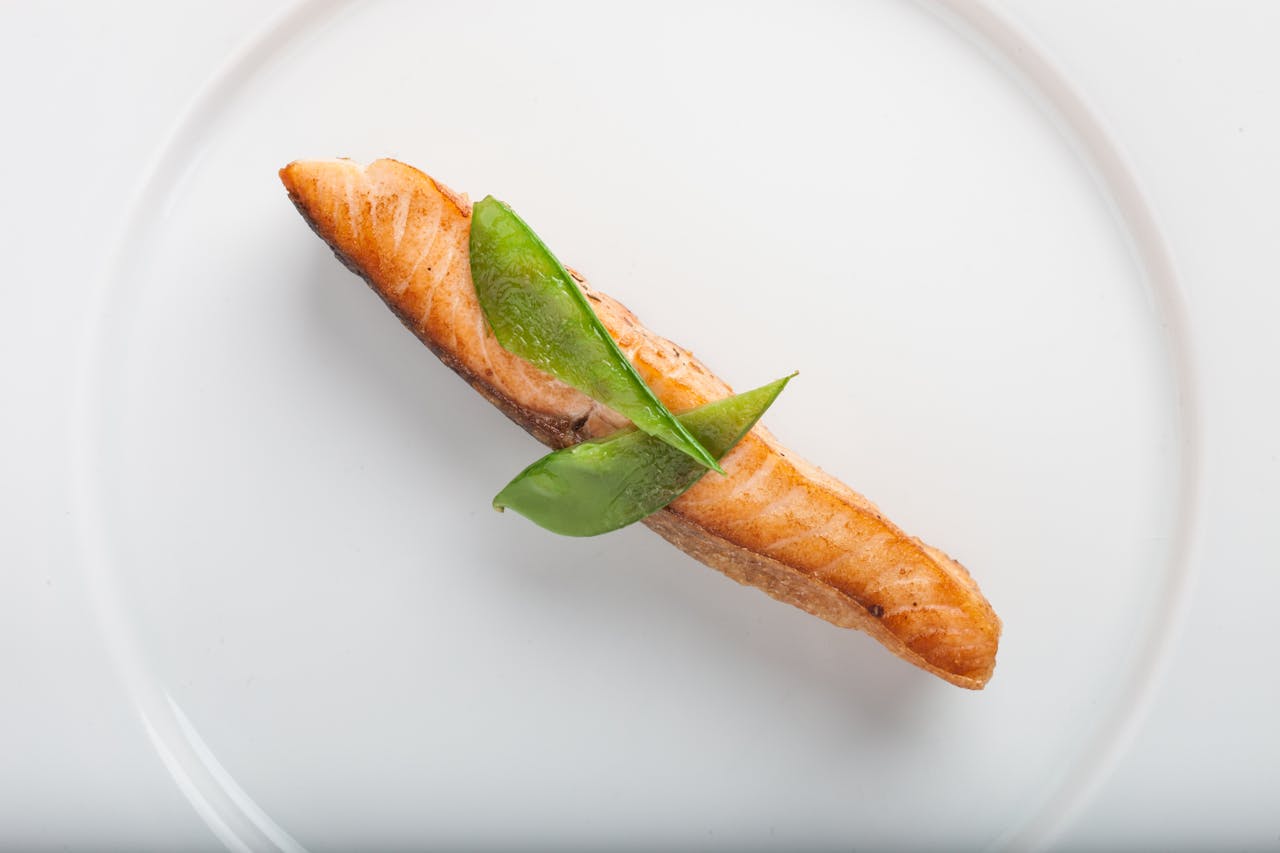 Photo by Robert Bogdan on Pexels
Photo by Robert Bogdan on Pexels
2. Mushrooms
You’ll want specific mushrooms like shiitake or maitake to reap the most vitamin D. Though shiitake provides roughly 100 IU of vitamin D per cup, you can score nearly 1000 IU per serving from maitake. That said, pay attention to how much sun mushrooms get because the amount of UV light exposure determines how much vitamin D there is.
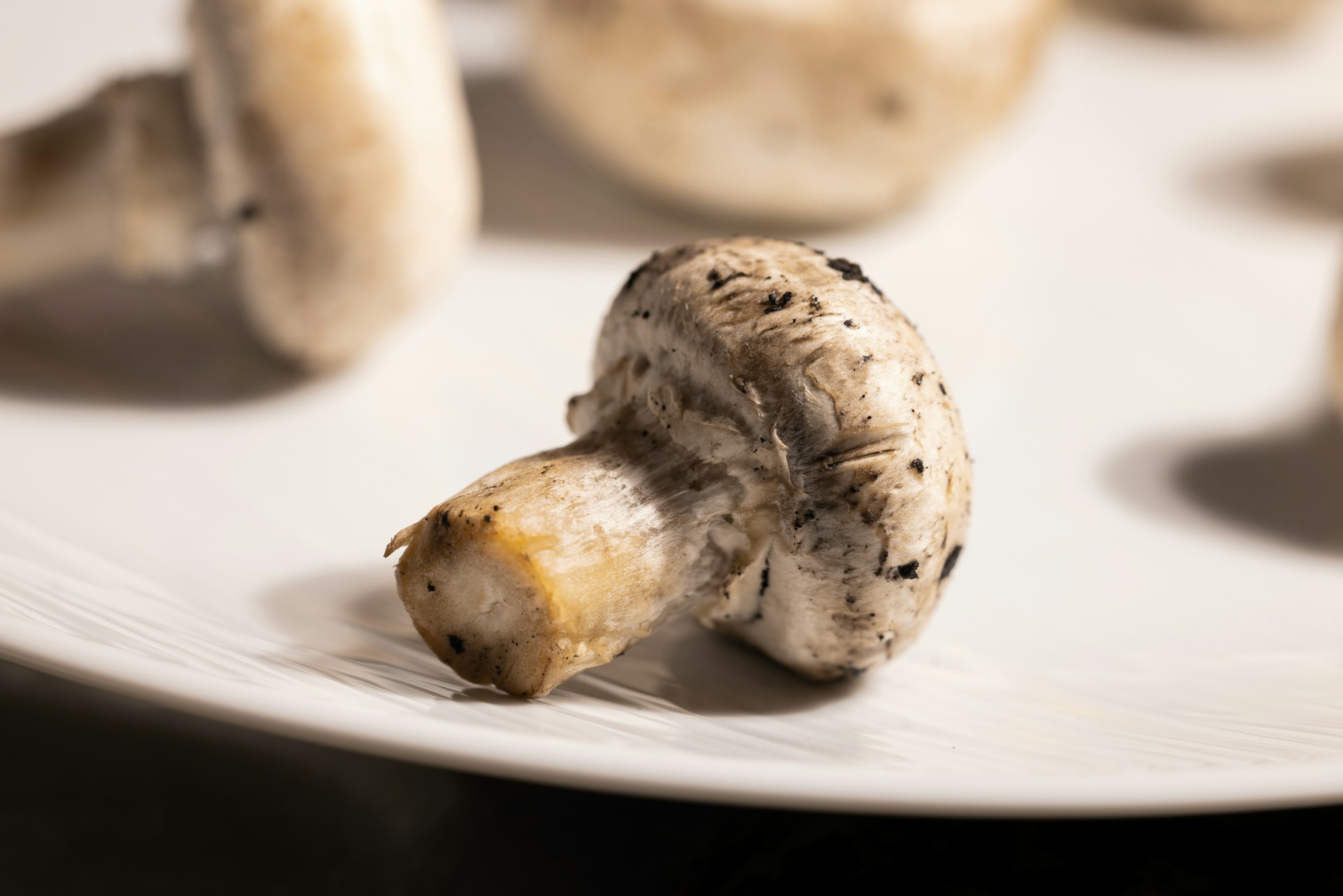 Photo by engin akyurt on Unsplash
Photo by engin akyurt on Unsplash
3. Fortified Milk
Cow’s milk on its own probably won’t do it, but fortified milk certainly will. Certain kinds of milk are fortified with enough vitamin D to provide about 100 IU per cup, though you’ll also get a healthy amount of calcium and minerals.
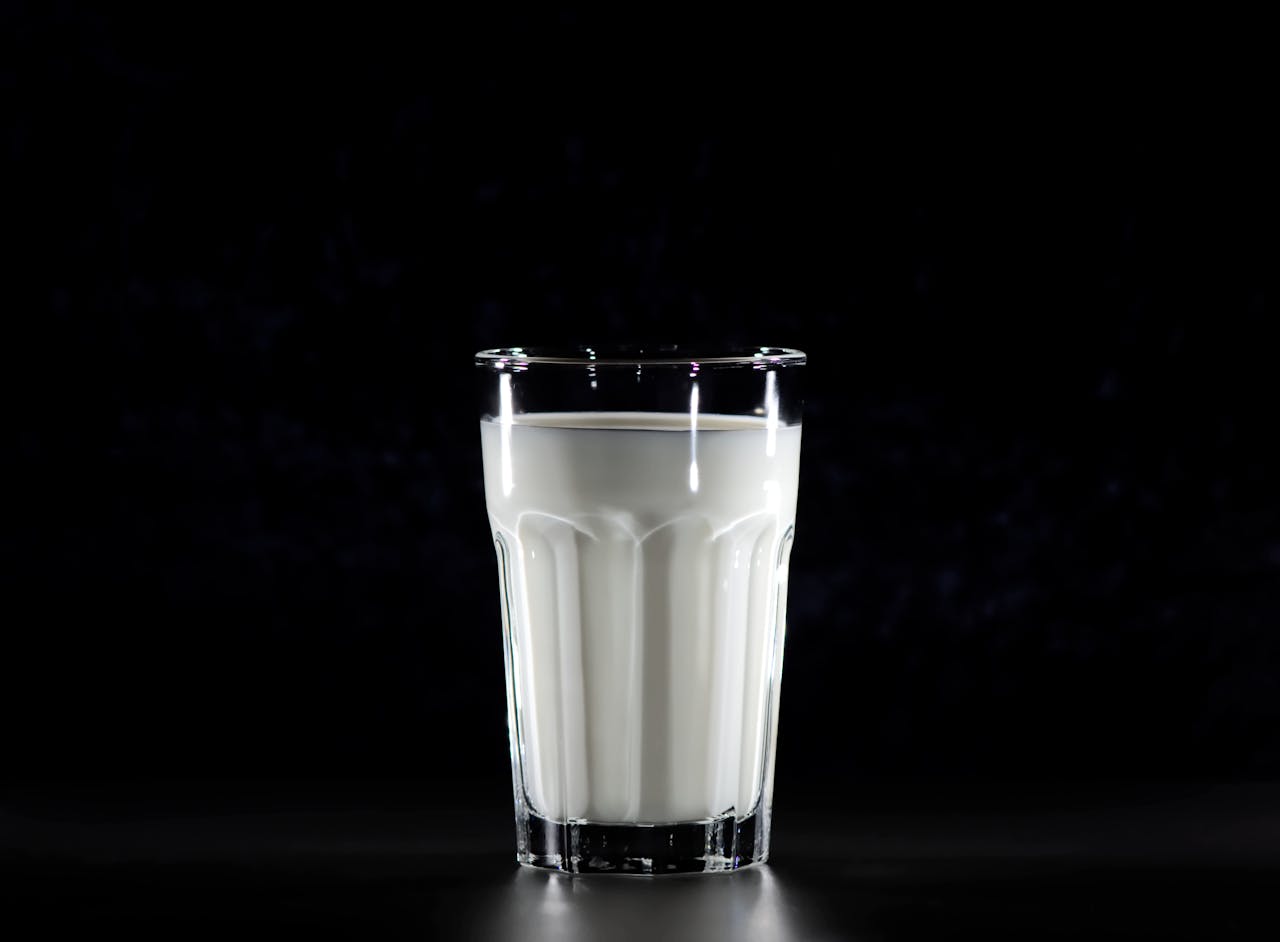 Photo by Alexas Fotos on Pexels
Photo by Alexas Fotos on Pexels
4. Mackerel
According to the USDA, mackerel has roughly 600 IU per 100-gram serving, making it a top choice for vitamin D. It’s also loaded with protein, omega-3 fatty acids, and additional B vitamins. Mackerel is also a great choice for heart health, though it’s an ill-advised food for anyone with gout.
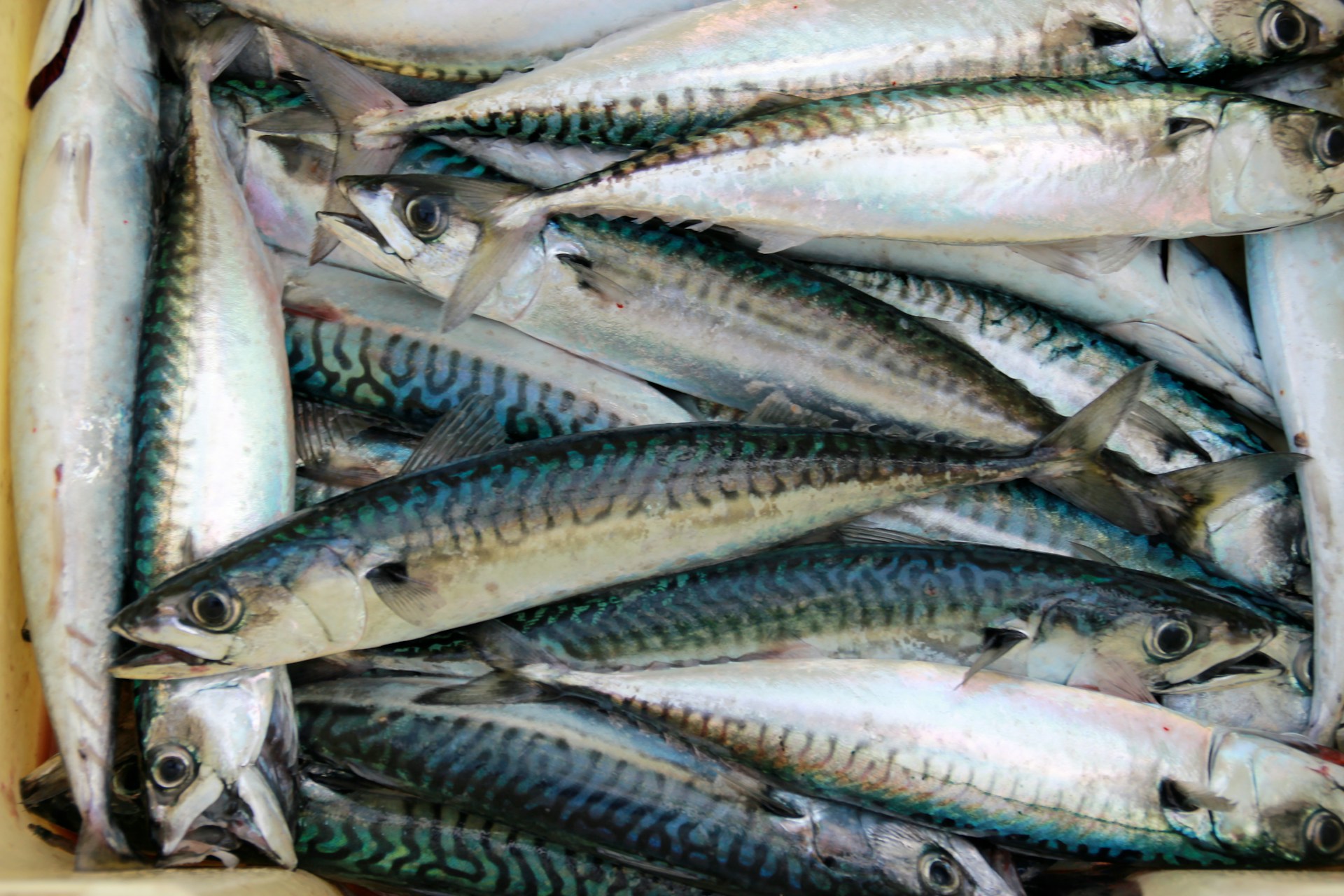 Photo by Edouard Dognin on Unsplash
Photo by Edouard Dognin on Unsplash
5. Eggs
Not only are eggs a terrific source of protein, but they’re also chock full of vitamins and minerals—including vitamin D. Though some outside factors affect how much vitamin D you’ll actually get, whole eggs are generally a great source of it.
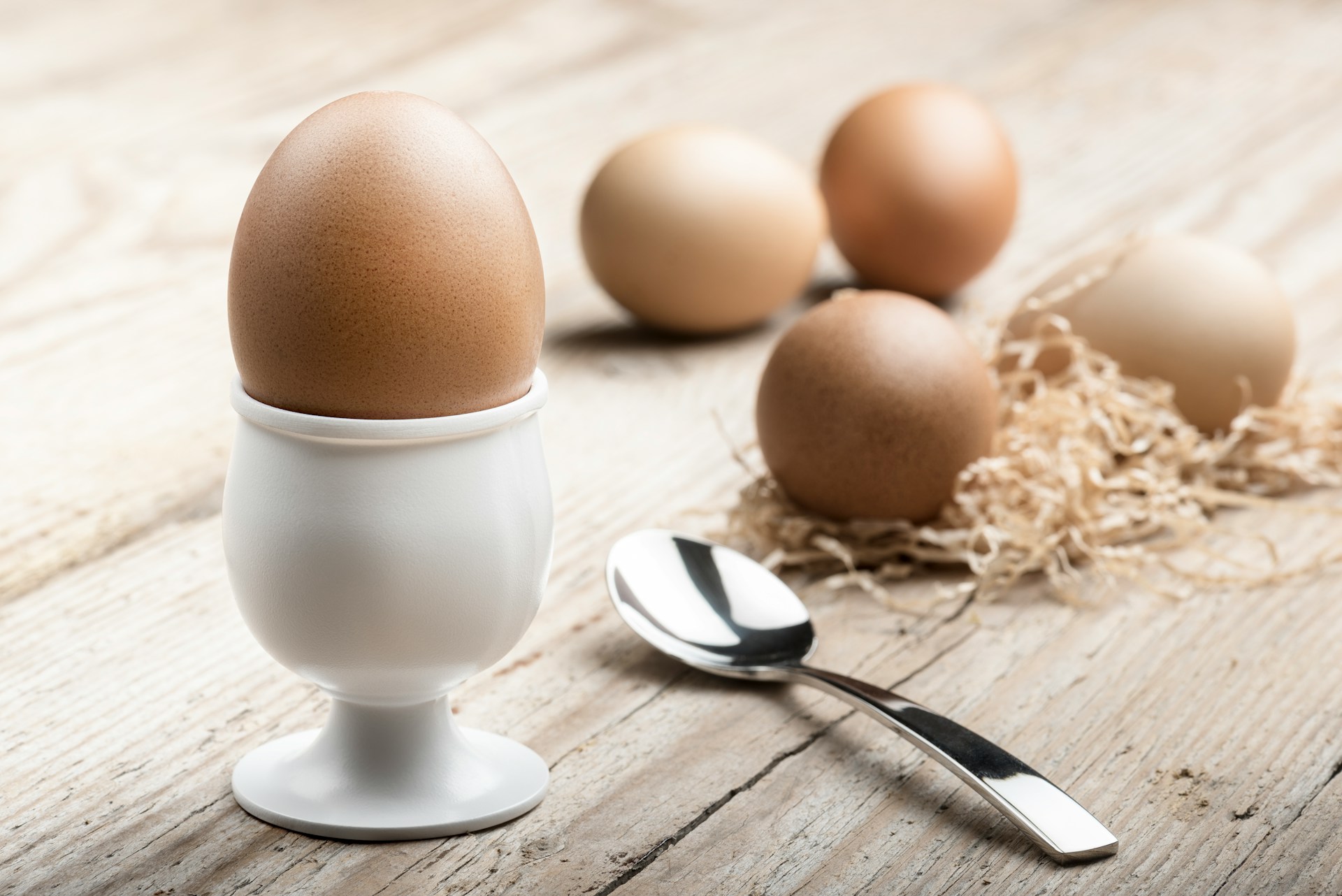 Photo by Enrico Mantegazza on Unsplash
Photo by Enrico Mantegazza on Unsplash
6. Fortified Orange Juice
Much like fortified milk, fortified OJ comes with added vitamins to help you nab the proper daily intake. Some orange juices come with about 100 IU of vitamin D per cup, along with additional benefits like vitamin C and potassium.
 Photo by Pâmela Lima on Unsplash
Photo by Pâmela Lima on Unsplash
7. Cod Liver Oil
Look no further than cod liver oil for a healthy dose of vitamin D—one tablespoon is often all you need for about 1300 IU of it! This oil is also a fantastic source of vitamin A, which supports healthy eyesight, and omega-3 fatty acids.
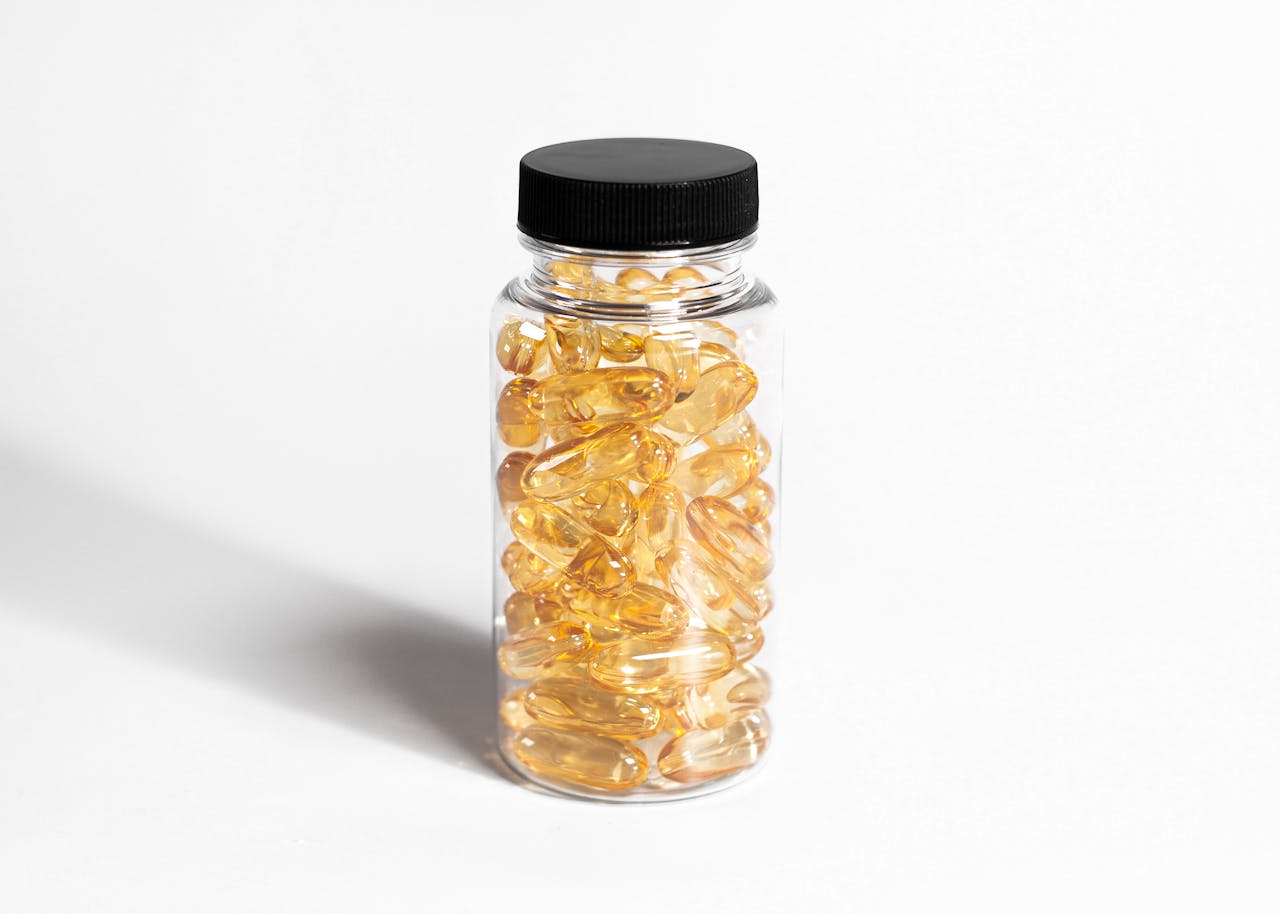 Photo by Supplements On Demand on Pexels
Photo by Supplements On Demand on Pexels
8. Fortified Cereal
Fortified foods don’t stop at beverages; certain fortified cereals come with added vitamin D to ensure you get the right amount per serving. Check the label to find out which cereals offer a vitamin D boost as well as additional vitamins, iron, and calcium.
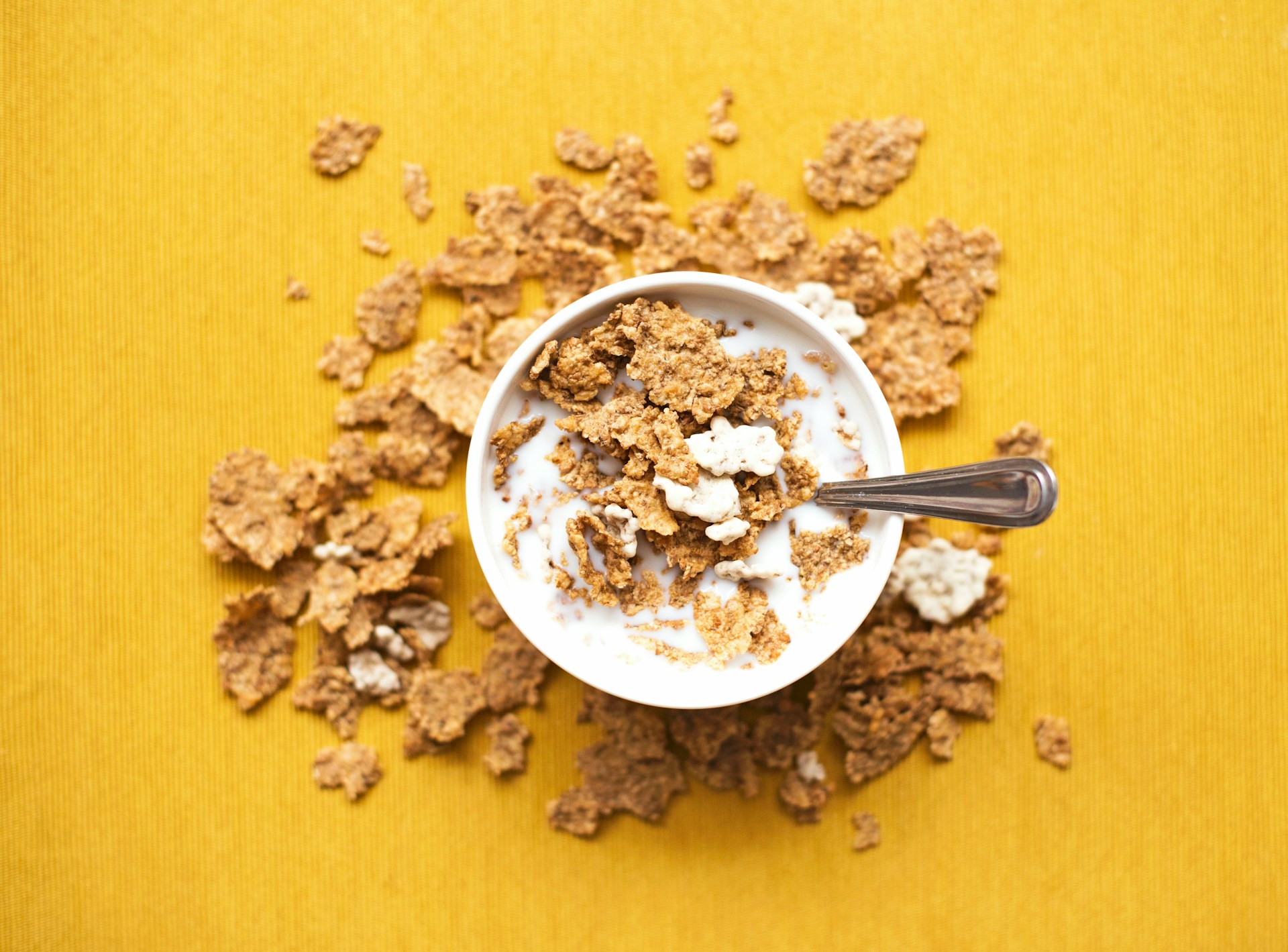 Photo by Nyana Stoica on Unsplash
Photo by Nyana Stoica on Unsplash
9. Swordfish
100g of cooked swordfish comes with nearly 700 IU of vitamin D, making it another popular seafood option. In addition to its vitamin content, it’s also a low-calorie option rich in protein and omega-3 fatty acids.
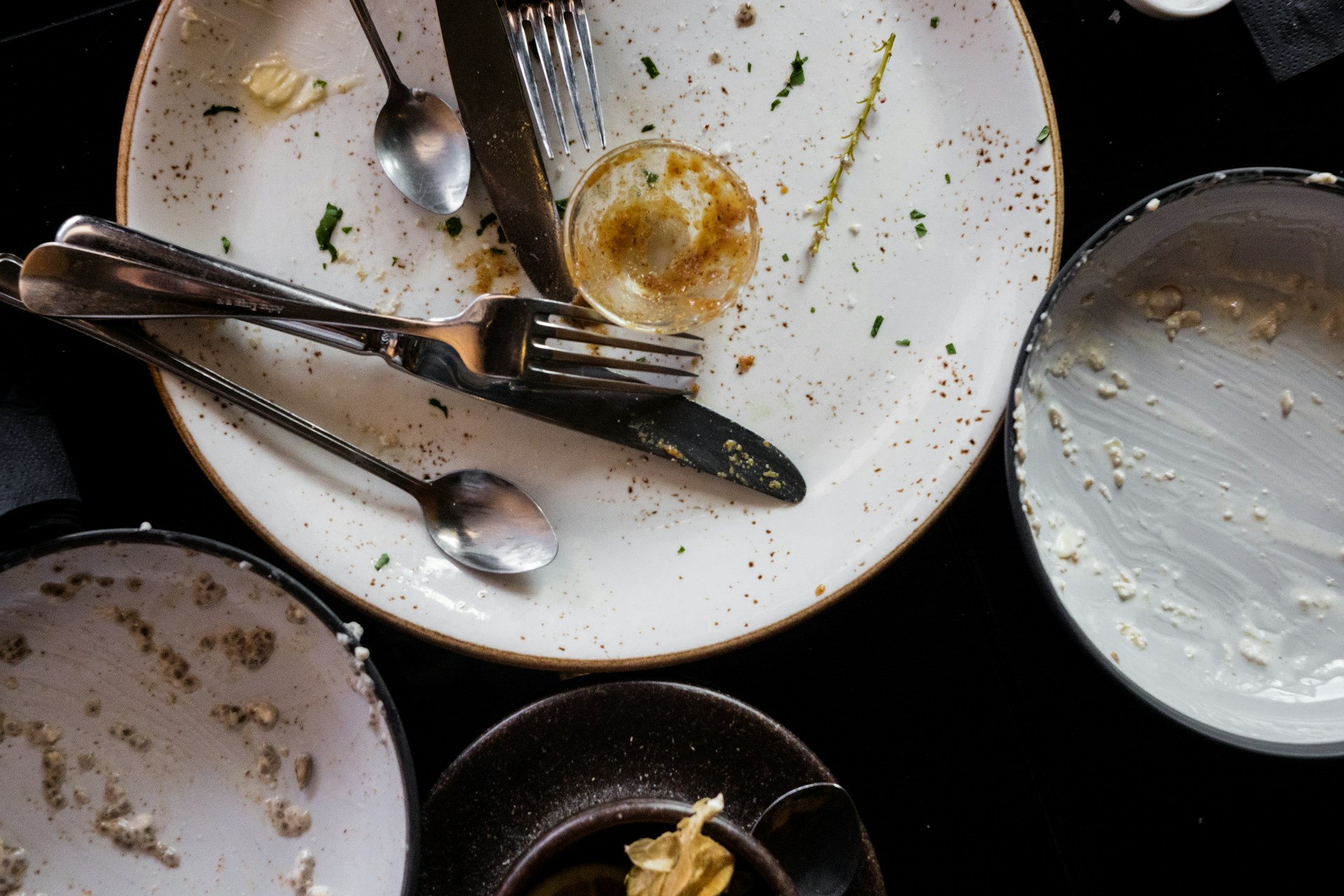 Photo by Portuguese Gravity on Unsplash
Photo by Portuguese Gravity on Unsplash
10. Soy Milk
Fortified cow’s milk often comes with added vitamins and minerals, but its alternatives also come with benefits. Soy milk, for example, provides roughly the same amount of vitamin D as fortified cow’s milk, along with protein and heart health promotion.
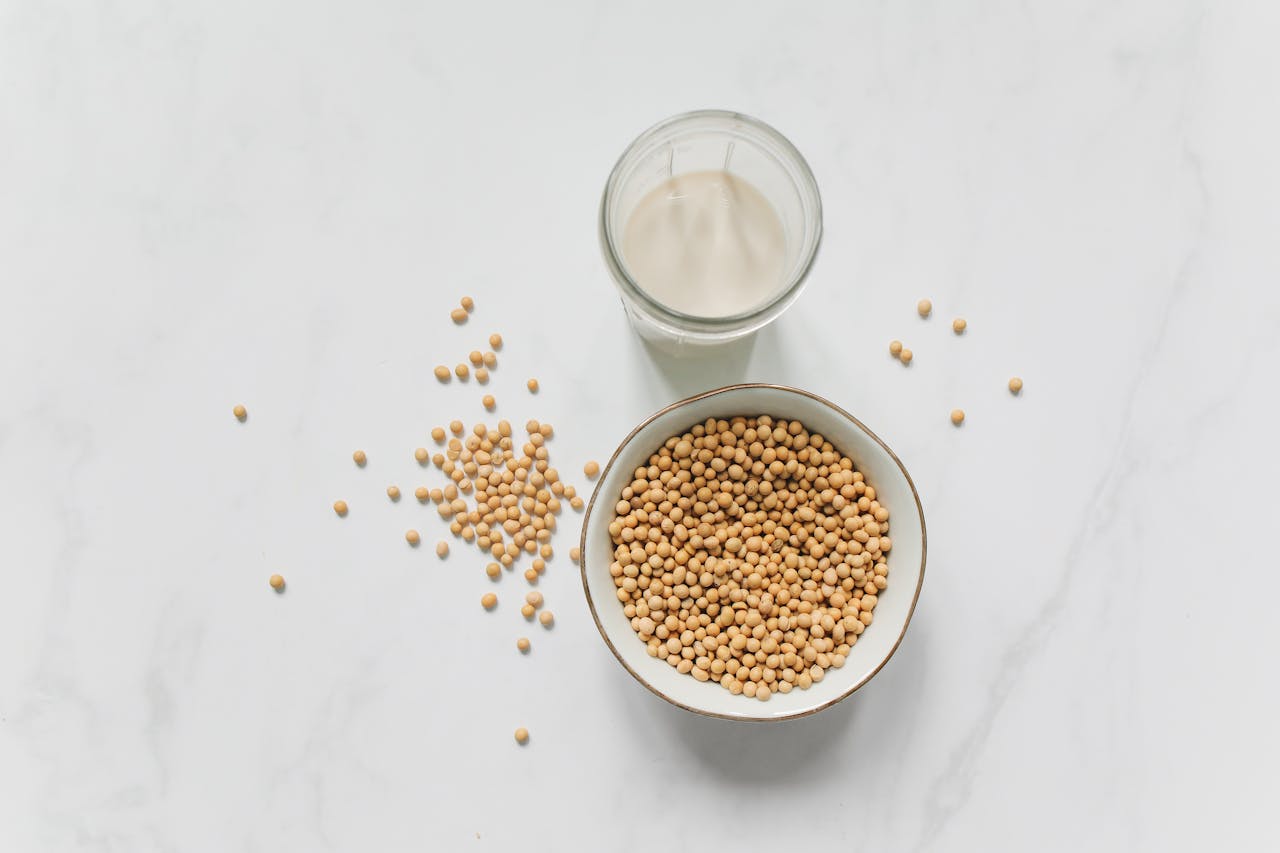 Photo by Polina Tankilevitch on Pexels
Photo by Polina Tankilevitch on Pexels
11. Canned Tuna
Canned tuna is much more than a simple lunch—it’s a great source of vitamin D (and B vitamins), has all kinds of protein, and comes with omega-3 fatty acids. It’s also an affordable option for anyone on a budget, making it a win-win across the board.
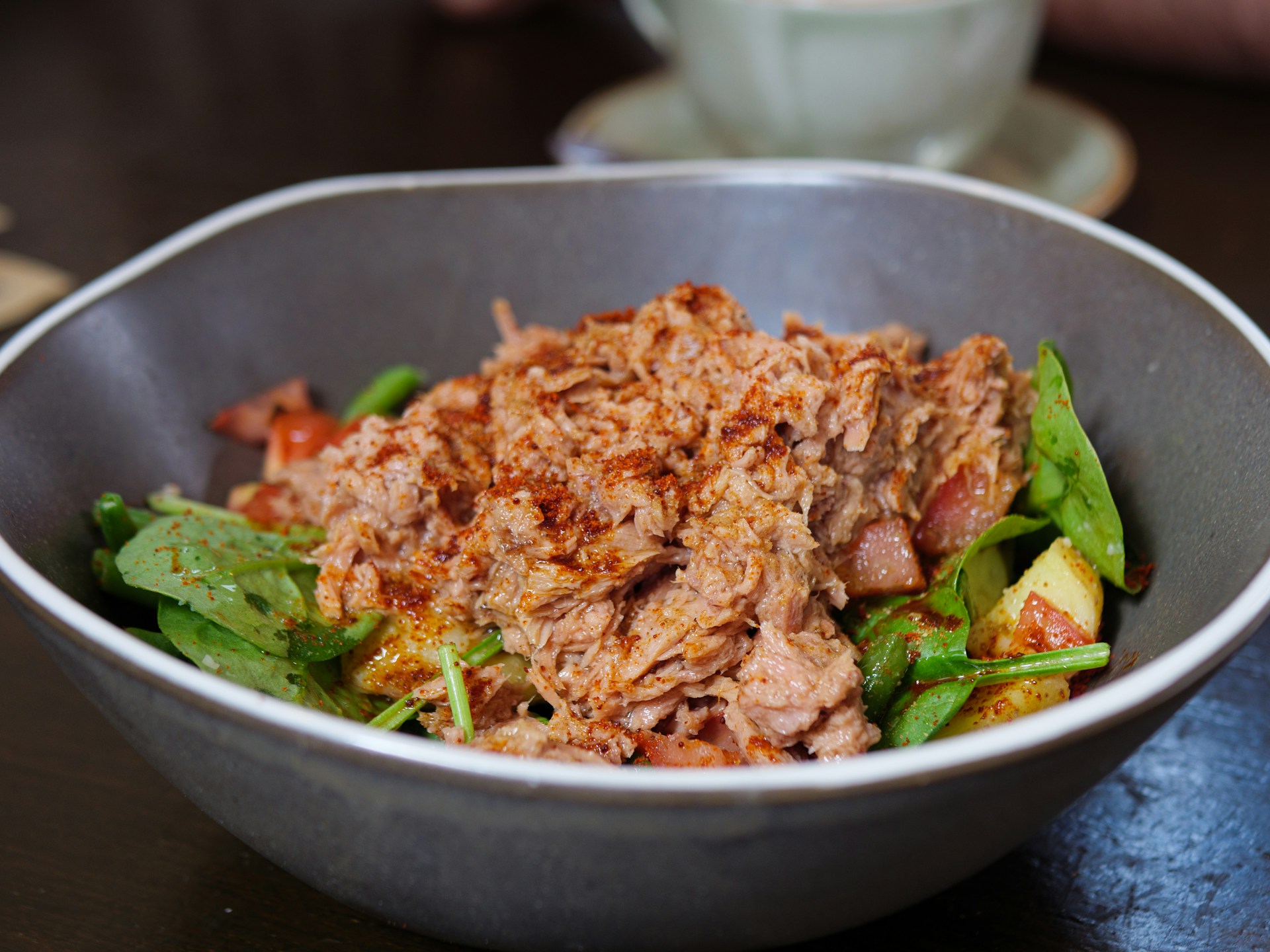 Photo by Grooveland Designs on Unsplash
Photo by Grooveland Designs on Unsplash
12. Fortified Tofu
Tofu on its own doesn’t come with much vitamin D, but the fortified version sure does. Get your hands on some for at least 100 IU of vitamin D per serving, a good helping of iron, and plenty of calcium.
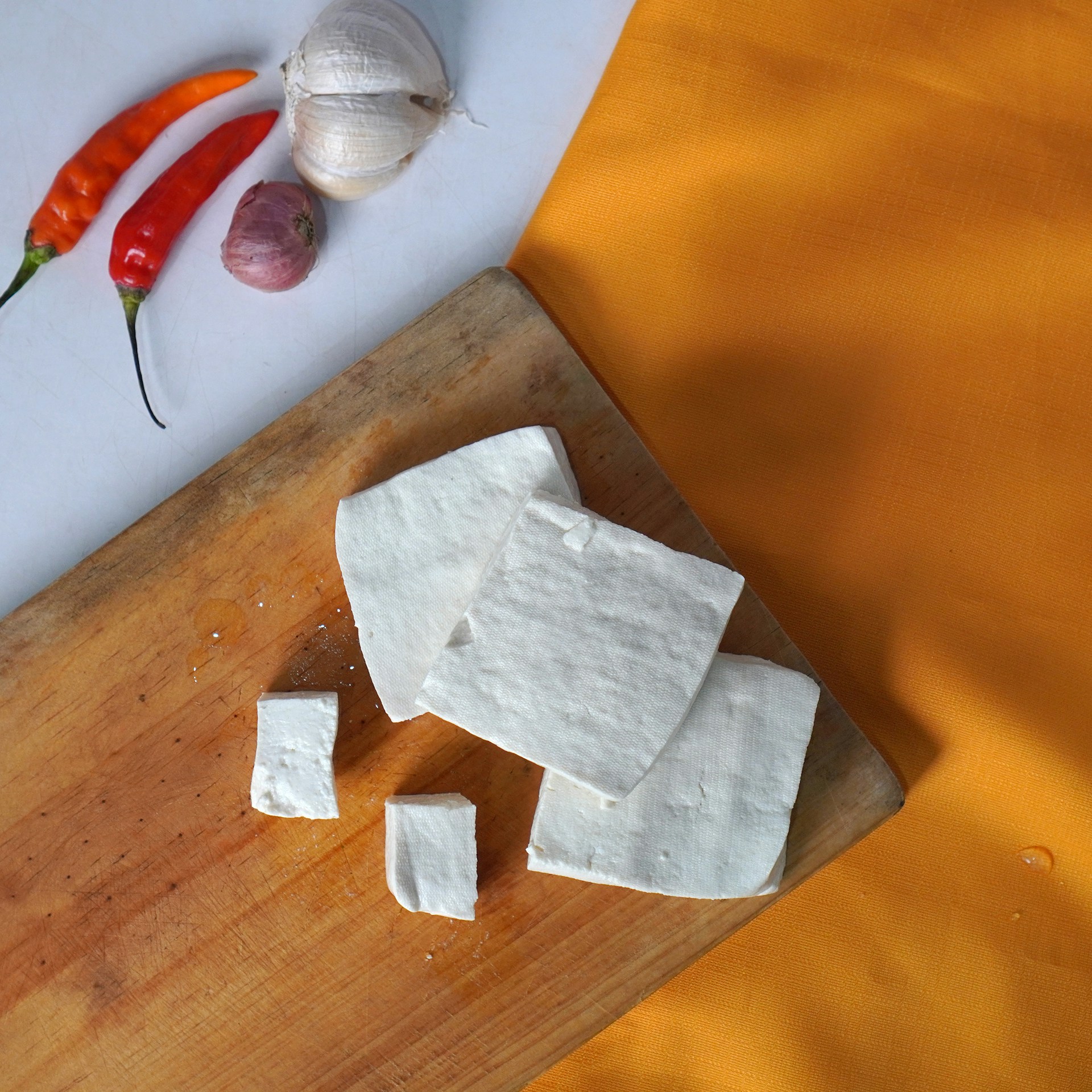 Photo by Davito Andy on Unsplash
Photo by Davito Andy on Unsplash
13. Pork
You may already know that pork comes with B vitamins and iron, but it’s also a good source of vitamin D. Best of all, rib lovers are in luck because spare ribs typically come with the most vitamin D, though any cut still provides a good serving of it.
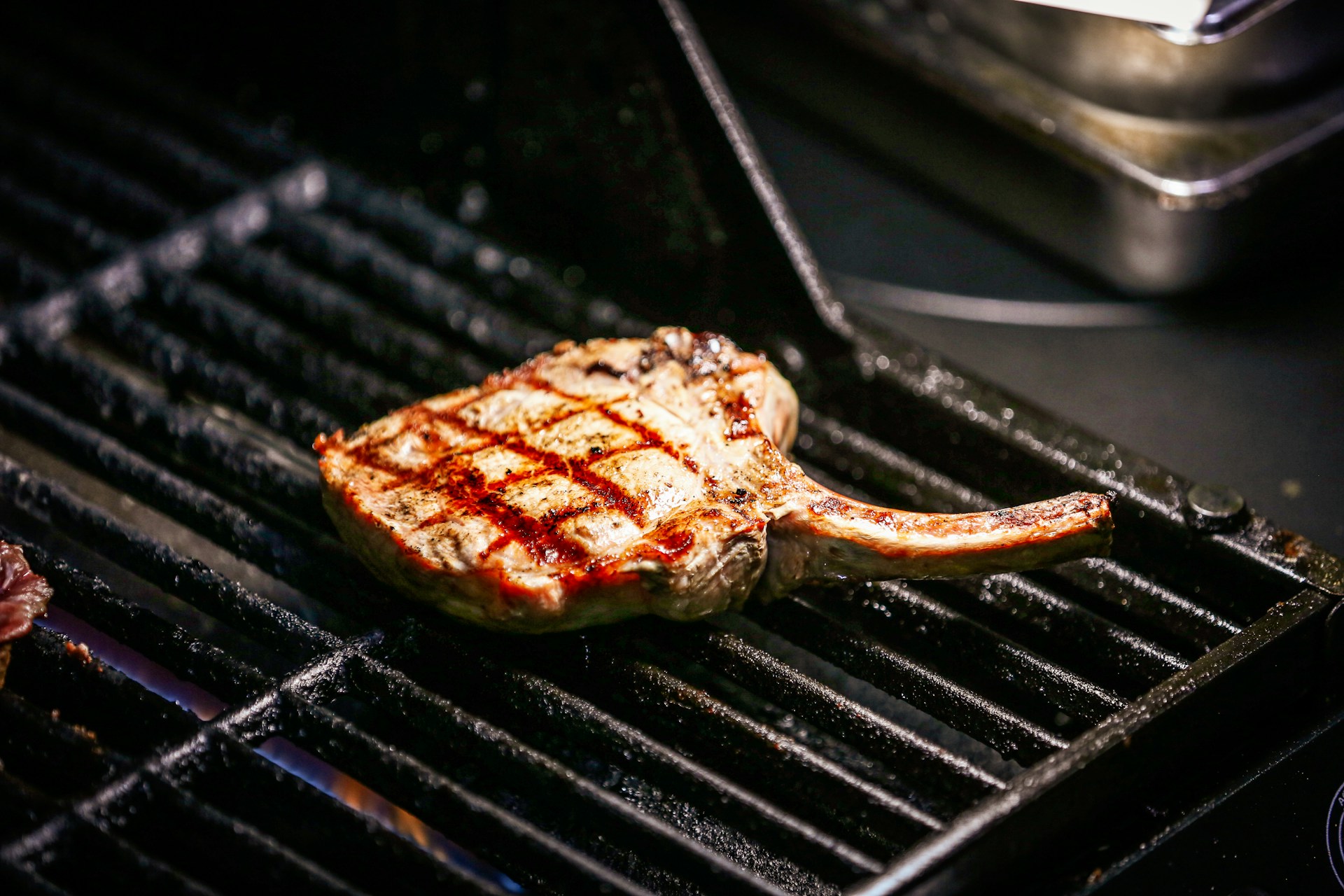 Photo by Paras Kapoor on Unsplash
Photo by Paras Kapoor on Unsplash
14. Sardines
Now’s the time to finally give sardines a chance—they’re loaded with vitamin D, calcium, and come with enough omega-3 fatty acids to significantly reduce your odds of heart disease. That little sardine can also provides plenty of zinc and can help reduce inflammation.
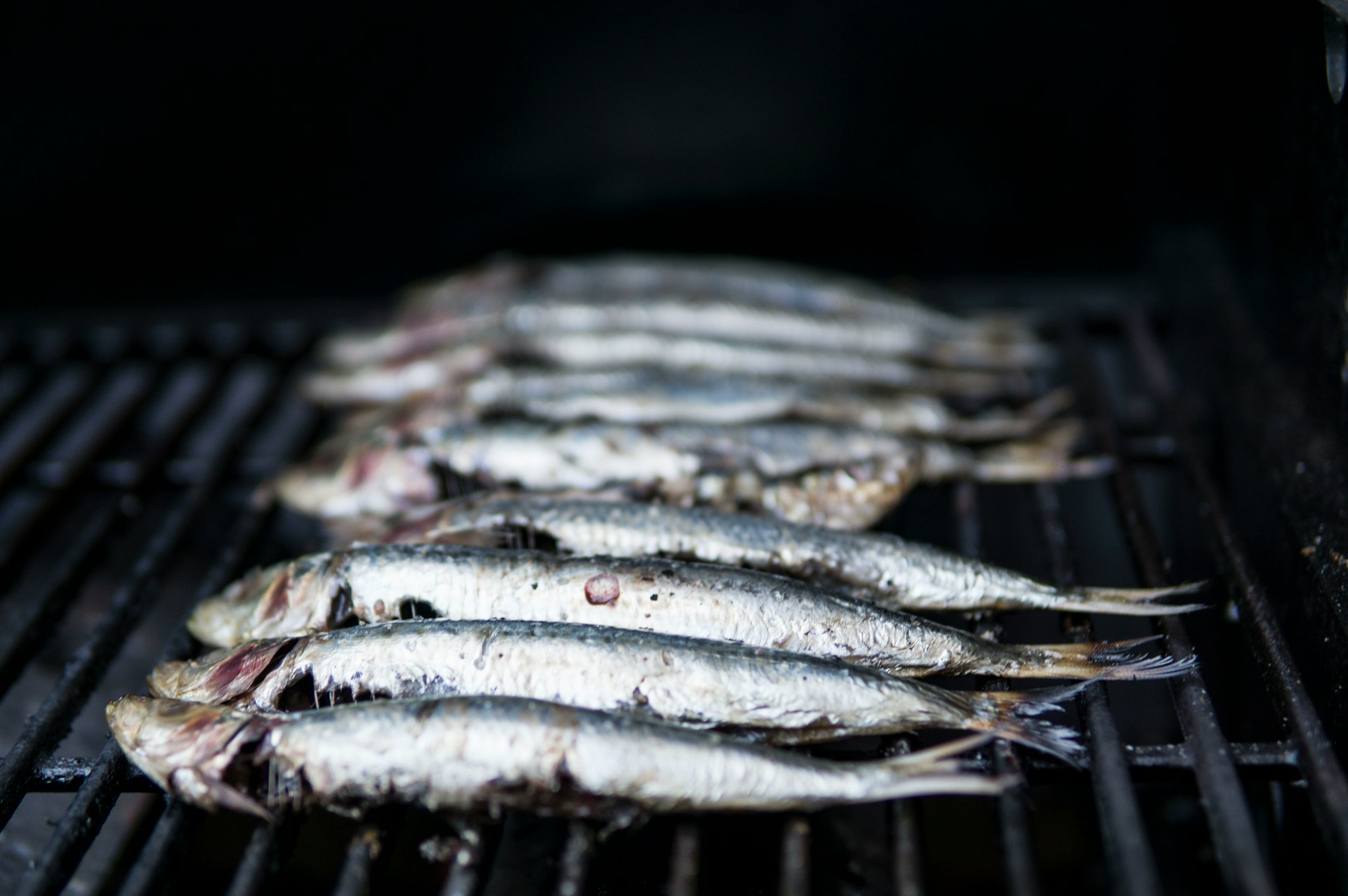 Photo by Elle Hughes on Unsplash
Photo by Elle Hughes on Unsplash
15. Fortified Yogurt
Fortified yogurt can add up to 100 IU of vitamin D to each serving. Considering Greek yogurt on its own already provides a ton of calcium (and plenty of probiotics to help support gut health), its fortified version only adds to the benefits.
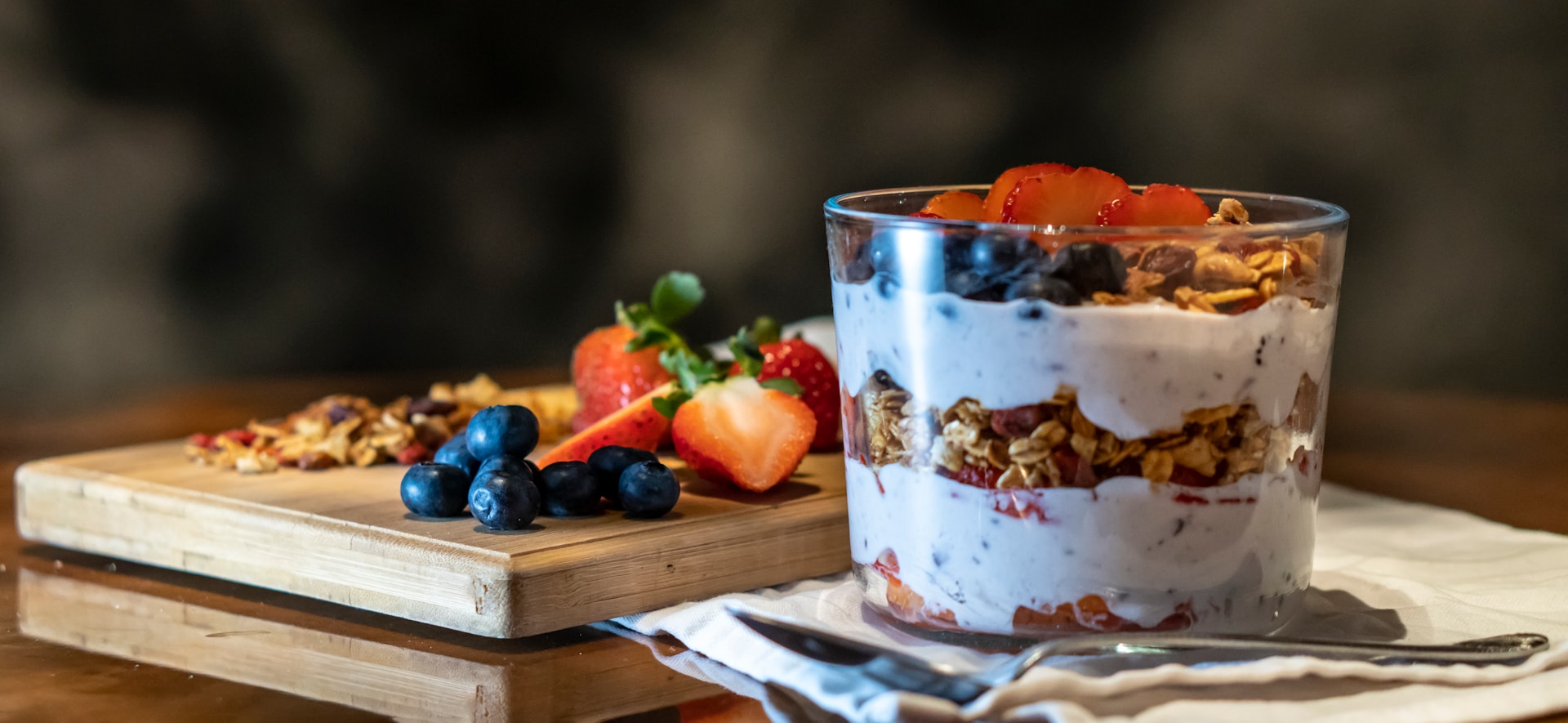 Photo by amirali mirhashemian on Unsplash
Photo by amirali mirhashemian on Unsplash
16. Certain Cheeses
Fortified cottage cheese, Fontina, and ricotta cheese all have a decent amount of vitamin D per serving, so you can indulge guilt-free. Though they don’t have the same amount as other items on this list, they’re still good sources of calcium and make for a good snack.
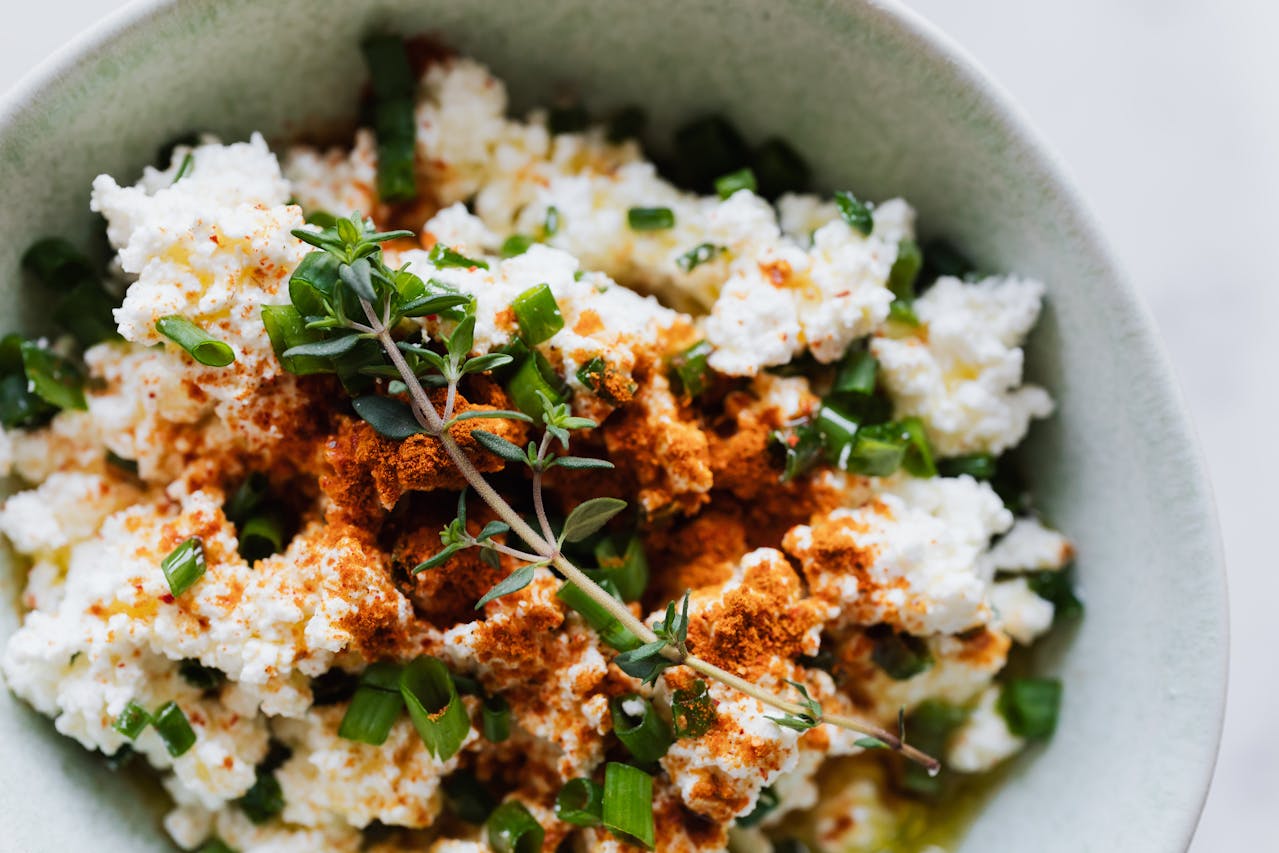 Photo by Karolina Kaboompics on Pexels
Photo by Karolina Kaboompics on Pexels
17. Rainbow Trout
We’re not done yet, seafood lovers! Rainbow trout comes with up to 600 IU of vitamin D, is an excellent source of protein, and has plenty of amino acids. As if you needed another reason to love it, all of its benefits earned it the title of superfood, too!
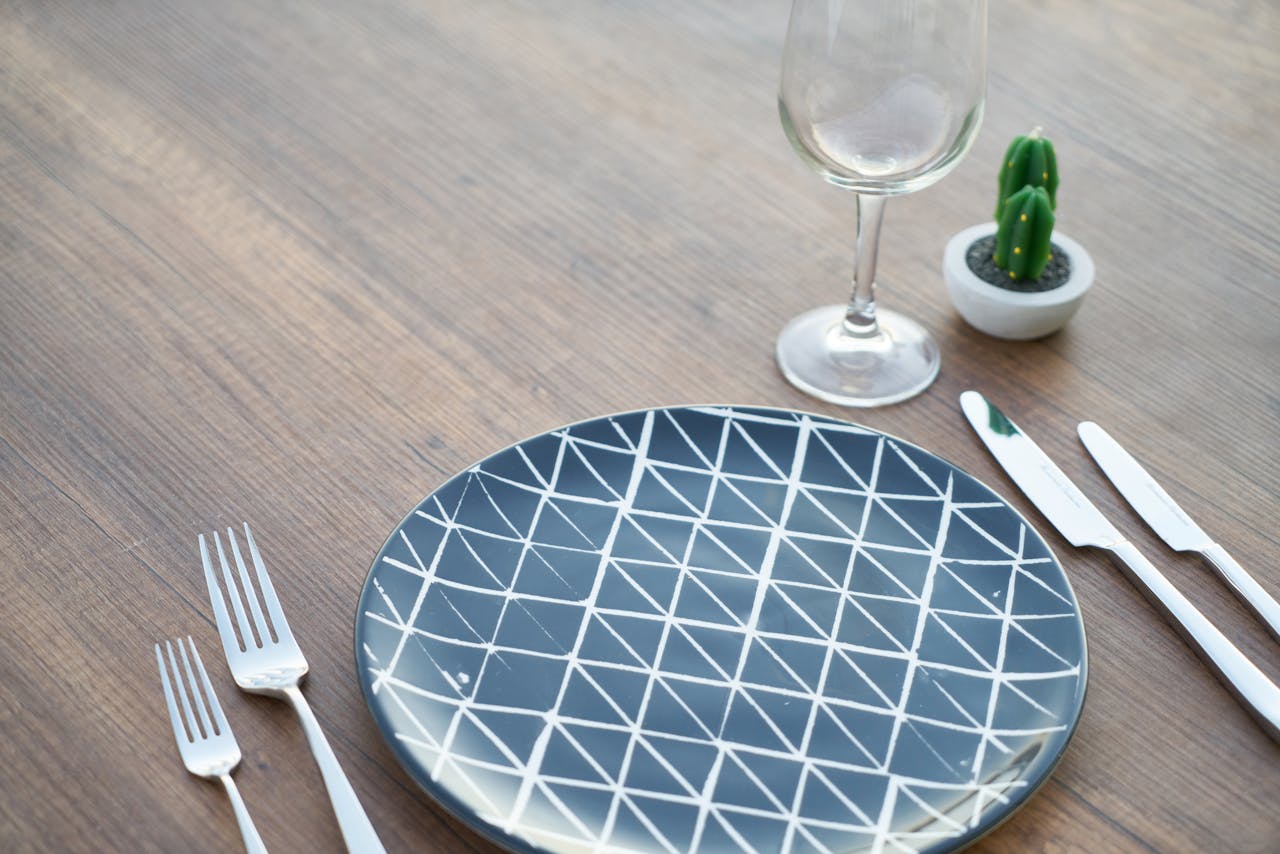 Photo by Engin Akyurt on Pexels
Photo by Engin Akyurt on Pexels
18. Almond Milk
Almond milk is a popular alternative and for good reason. It helps keep cholesterol levels in check, is a good source of magnesium, and its fortified versions can provide up to 100 IU of vitamin D per serving.
 Photo by ROBIN WORRALL on Unsplash
Photo by ROBIN WORRALL on Unsplash
19. Flounder
Flounder doesn’t boast the same vitamin D levels as other seafood, but it still packs a solid punch with roughly 140 IU per serving. It’s also a terrific source of omega-3 fatty acids and protein, both of which can help balance your diet.
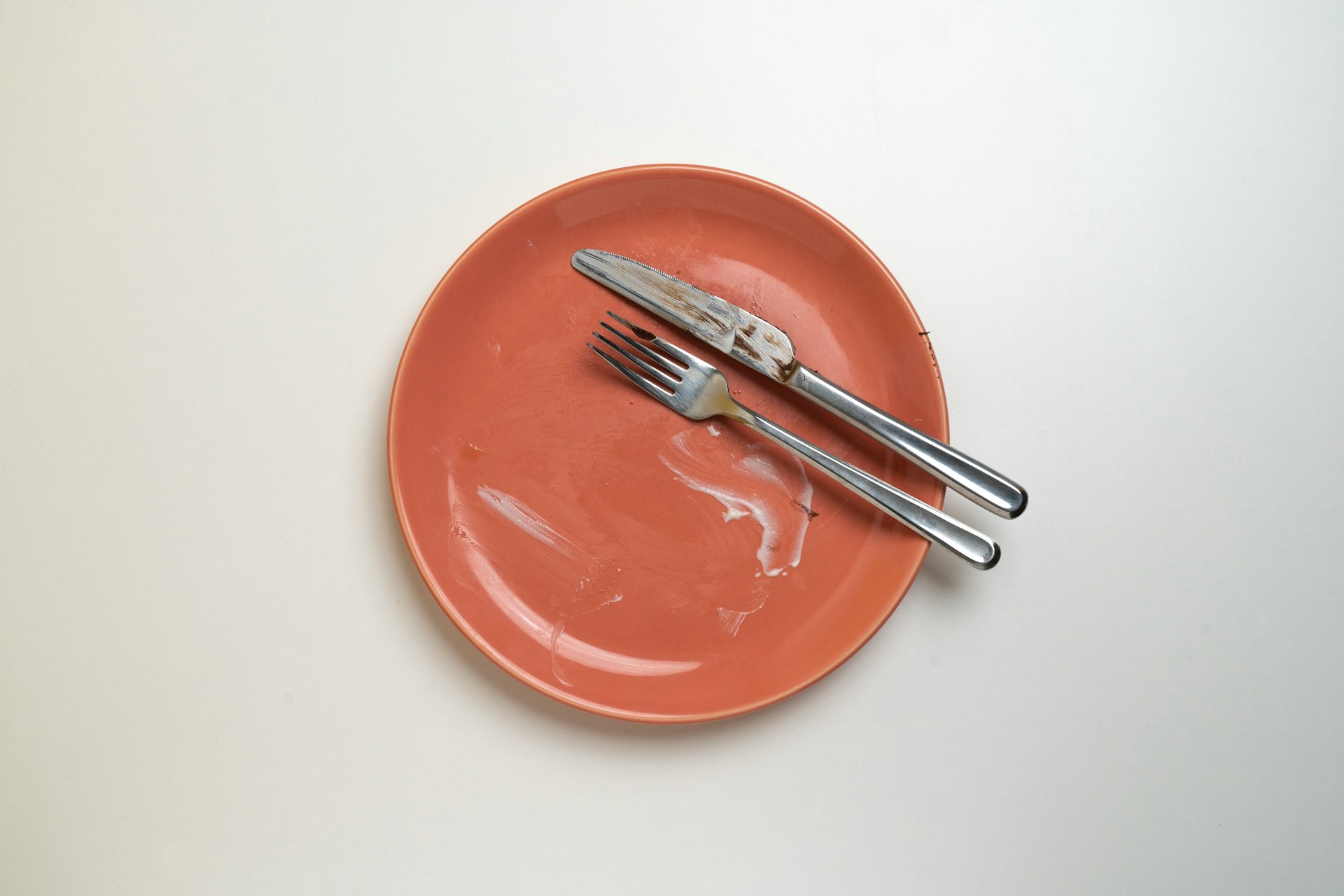 Photo by Jonathan Greenaway on Unsplash
Photo by Jonathan Greenaway on Unsplash
20. Eel
Not only does eel fit into a healthy diet, but it also does wonders for your overall health—its consumption can keep skin youthful, help support healthy hair, and assist in reducing inflammation. It’s also packed with nearly 900 IU of vitamin D per 100g serving.


